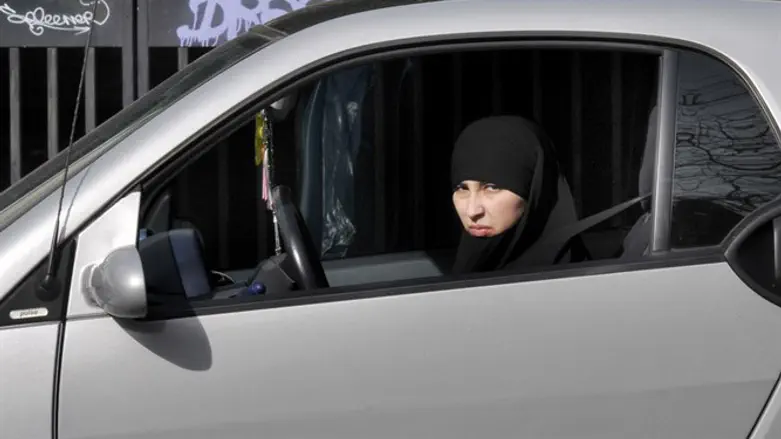
A member of the Saudi Arabian royal family has issued a rare call for an end to the country’s ban on women driving.
"Stop the debate: Time for women to drive," Prince Alwaleed bin Talal said on his official Twitter account, according to AFP.
He explained that allowing women to drive is a matter not just of rights but of economic necessity.
Saudi Arabia, which follows an ultraconservative interpretation of Islam, is the only country in the world that does not allow women to drive, but a long-standing campaign aimed at getting the ban lifted has urged women to defy the ban.
Many women have driven since the campaign was launched in 2011, some of them have posted videos of them doing so, and many have been arrested and forced to sign a pledge that they will never drive again.
In some situations where women were caught driving, their male relatives were asked to sign statements saying they would not allow the women to drive again.
A Saudi women’s rights activist even went so far as to file a lawsuit against the country’s interior ministry over the ban.
Clerics in the country have argued, among other things, that the ban on women driving in the conservative Gulf state protects society from "evil".
Alwaleed is an unusually forthright member of Saudi Arabia's extensive royal family, though he holds no political posts, noted AFP.
He is a longtime advocate of women's rights in the conservative Islamic kingdom and, in conjunction with his short tweet, Alwaleed's office issued an uncharacteristically long statement late Tuesday outlining his reasons for supporting an end to the ban.
"Preventing a woman from driving a car is today an issue of rights similar to the one that forbade her from receiving an education or having an independent identity," Alwaleed said, according to AFP.
"They are all unjust acts by a traditional society, far more restrictive than what is lawfully allowed by the precepts of religion."
He also detailed the "economic costs" of women having to rely on foreign private drivers or taxis, since public transit is not a viable alternative in the kingdom.
Using foreign drivers drains billions of dollars from the Saudi economy, Alwaleed said.
He calculated that families spend an average of 3,800 riyals ($1,000) a month on a driver, money which otherwise could help household incomes at a time when many are making do with less.
Even if their husbands can take time out to transport the women, that requires temporarily leaving the office and "undermines the productivity of the workforce," Alwaleed said.
"Having women drive has become an urgent social demand predicated upon current economic circumstances," he stressed.